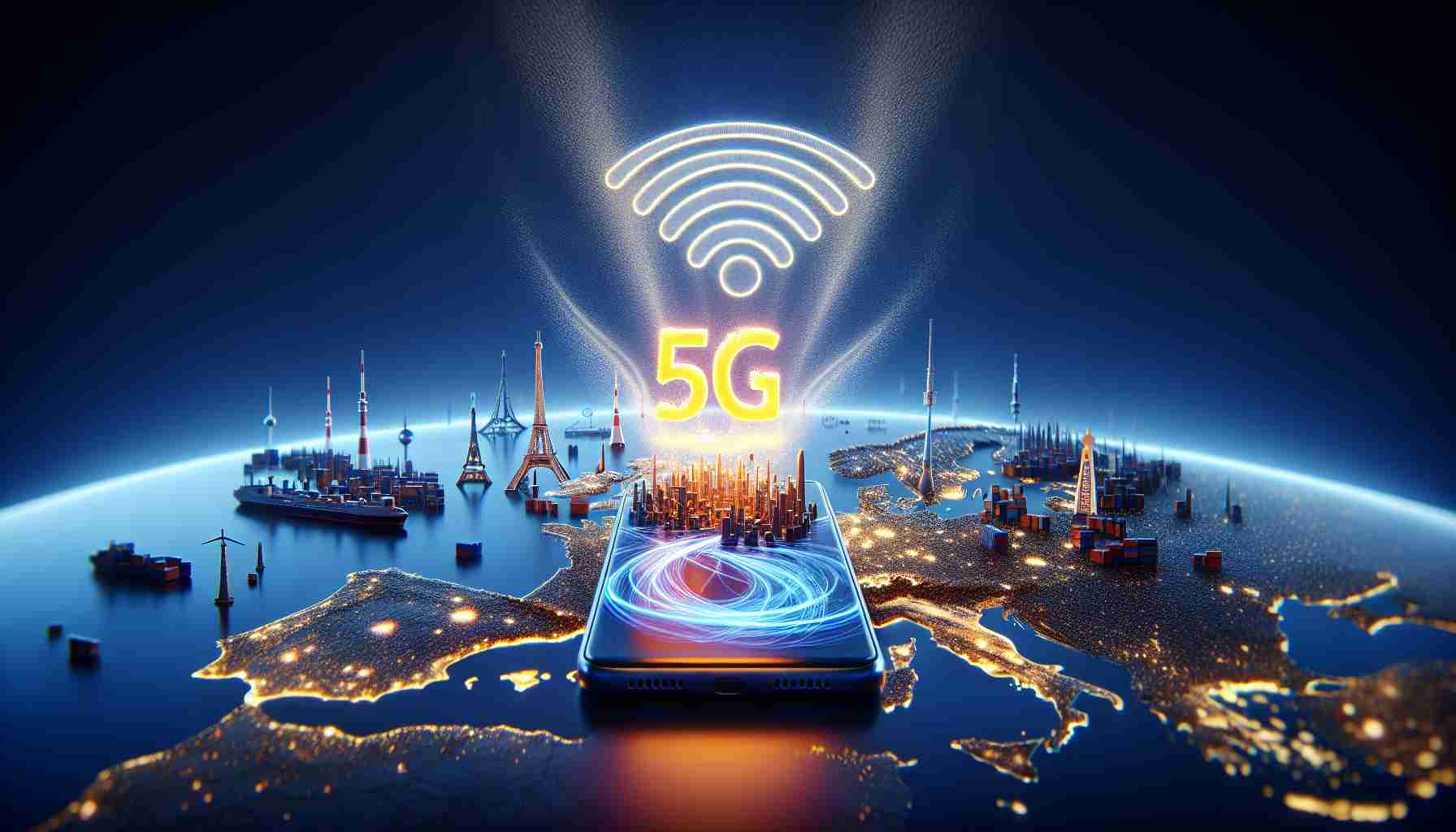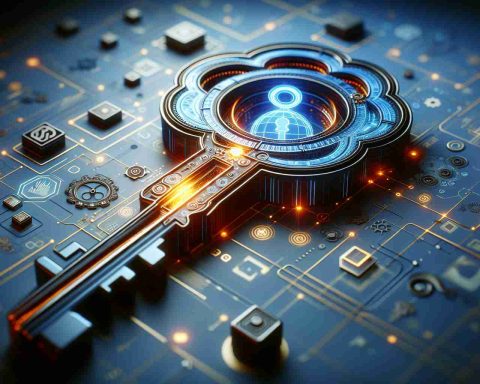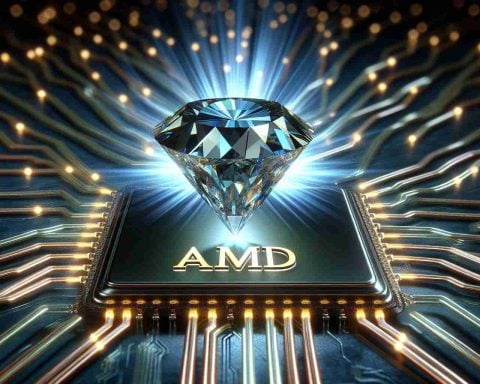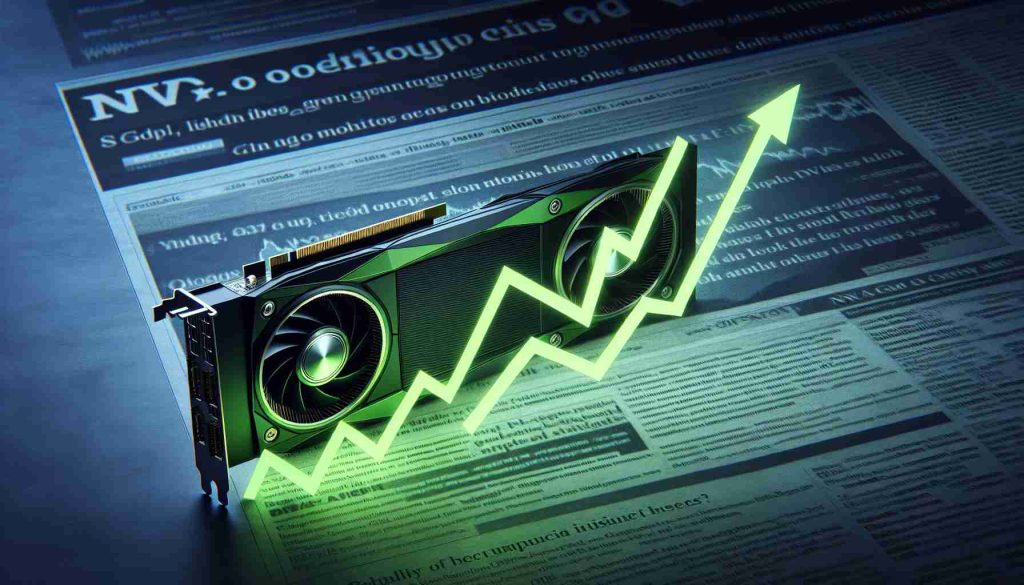In a significant development for the telecommunications sector, Nokia has secured an extensive contract with Deutsche Telekom AG (DT) in Germany. The deal involves over 3,000 locations, marking Nokia’s robust return to the European telecom giant’s Open RAN network infrastructure.
Nokia’s Role in Germany’s 5G Future
With this agreement, Nokia will replace the current supplier in the specified regions, contributing critical technology to Europe’s largest network operator. The company will provide cutting-edge equipment from its O-RAN-compliant 5G AirScale range, alongside its energy-saving ReefShark System-on-Chip technology. This includes modular baseband solutions with high capacity and advanced Habrok Massive MIMO radios.
AI-Driven Enhancements
To elevate network performance, Nokia will implement its MantaRay NM intelligent solution. This AI-powered system enhances network monitoring and management, offering superior services driven by artificial intelligence.
Strategic Alliances and Future Prospects
Executives from both companies expressed their optimism for the future. Deutsche Telekom’s Group CTO and Managing Director Technology Germany highlighted the excellence in network performance achieved so far and anticipated advancements in Open RAN with Nokia. Similarly, Nokia’s President of the Mobile Networks Division underscored the significance of this alliance, emphasizing its strategic importance for Nokia’s relationship with a leading European network operator.
Nokia’s 5G Breakthrough in Germany: Impacts, Innovations, and Controversies
The Ripple Effects of Nokia’s 5G Tech Expansion
In recent developments, telecommunications behemoth Nokia has clinched a major contract with Deutsche Telekom AG, positioning itself as a formidable player in Germany’s 5G landscape. Beyond the technical triumphs and business strategies mentioned in primary reports, the ripple effects of this deal are vast and could fundamentally alter various sectors.
Community and Economic Impact
The deployment of Nokia’s advanced 5G infrastructure, which includes their energy-efficient ReefShark System-on-Chip technology and MantaRay NM intelligent solution, promises to enhance connectivity for German citizens, businesses, and institutions. For communities, especially in rural areas previously underserved by high-speed internet, this may mean better access to services ranging from telemedicine to digital learning platforms. Economically, the influx of superior 5G infrastructure could attract tech startups and enterprises looking to leverage cutting-edge networks, potentially boosting local economies and creating jobs.
Environmental Considerations
Nokia’s energy-saving innovations come with both advantages and drawbacks. On one hand, these technologies contribute to reducing the carbon footprint of telecommunication infrastructure, aligning with global sustainability goals. On the other hand, the push for widespread 5G implementation raises environmental concerns due to increased electronic waste and the energy demands of manufacturing new equipment. Balancing these ecological impacts remains a critical discussion point.
Safety and Health Debates
As 5G technology advances, so does the discourse on its health implications. While scientific bodies, including the World Health Organization, have largely dispelled myths around 5G’s health risks, skepticism persists in some communities. Continuous research and transparent communication from companies like Nokia are essential to address public concerns and foster trust.
Strategic Advantages and Challenges
Nokia’s renewed presence in Germany through this contract not only bolsters its own market standing but also strengthens the technological sovereignty of Europe in the 5G race. However, the strategy of relying on Open RAN systems invites debates on cybersecurity, as open interfaces could potentially increase vulnerability to cyber threats. This makes collaboration with cybersecurity experts and implementing rigorous safety protocols crucial for Nokia and Deutsche Telekom.
Will Other Countries Follow Suit?
Given Nokia’s success with Deutsche Telekom, there’s a pressing question: Will this model of strategic alliances and high-tech innovation influence telecom infrastructure choices in other countries? The answer may depend on the balance of economic priorities, security considerations, and technological goals of individual nations.
With Nokia’s pioneering strategies setting a new precedent, the telecommunications sector eagerly watches to assess and learn from these advancements’ broader implications.
For further insights into Nokia’s technological advancements, visit nokia.com.
For more information about Deutsche Telekom’s services, explore telekom.com.
























